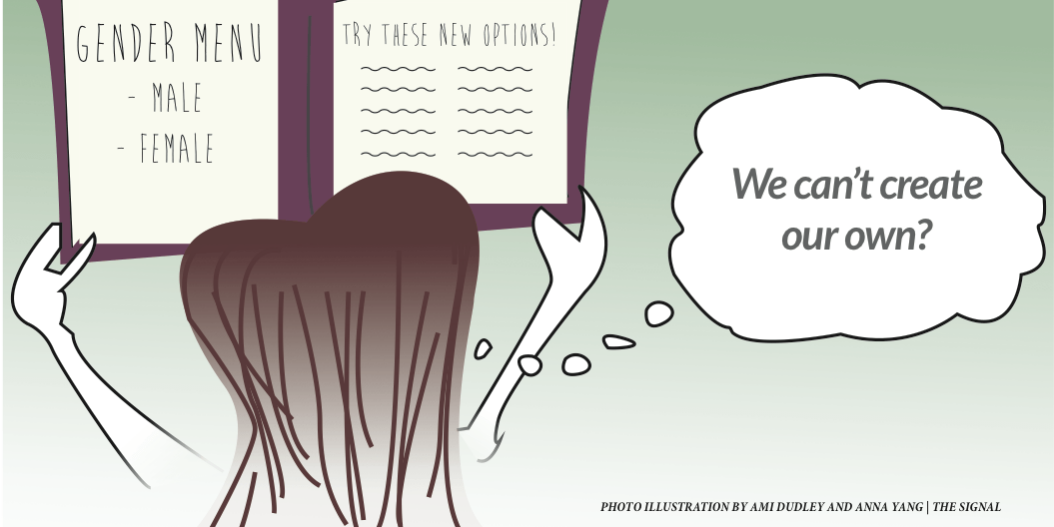Understanding theories of oppression and marginalization can help you link your campaign to those of others fighting for different causes but against the same systems, structures and intricate complexities of how power seeks to divide and rule us. This can enable us to build broad, emancipatory and inclusive movements fighting for the empowerment of everyone rather than excluding potential allies.
The slogan “The personal is political” which was first used 1960s and one of the defining characterizations of the student and feminist movements of the 60s and 70s, remains just as important today as it was then. It reminds us that just because we build campaigns against oppression and discrimination (by authorities, institutions, or businesses), we are by no means outside these frameworks and our actions should be mindful of oppressive behaviour and patterns at all times. We have to continuously address and analyse how we as individuals and groups are subject to and perpetuate multiple and intersecting forms of oppression, privilege and power. These will often lead us to reproduce discriminatory, exclusionary and dehumanizing behaviors, structures and language which limit our capabilities to achieve real freedoms and emancipation.
In order for our activism and daily lives to be truly mindful of others and intersectional in our approach, we need to understand the basics of the academic theories and political movements that have shaped present-day socio-political rhetoric and help determine the types of actions and tactics taken on by queer organizers globally. Here, we have compiled summaries of theoretical frameworks to keep in mind and further links to guide you through your readings:
- What is Intersectionality?
- Biopower and Biopolitics
- Gender Performativity
- Homonormativity
- Homonationalism
- Check your Privilege






